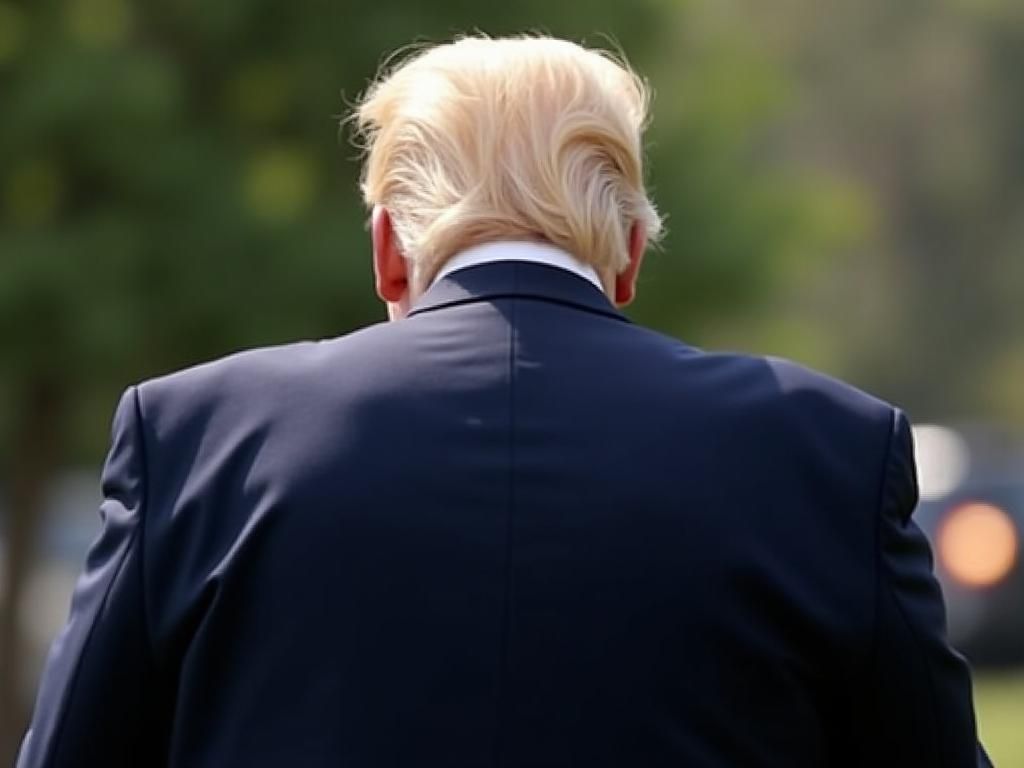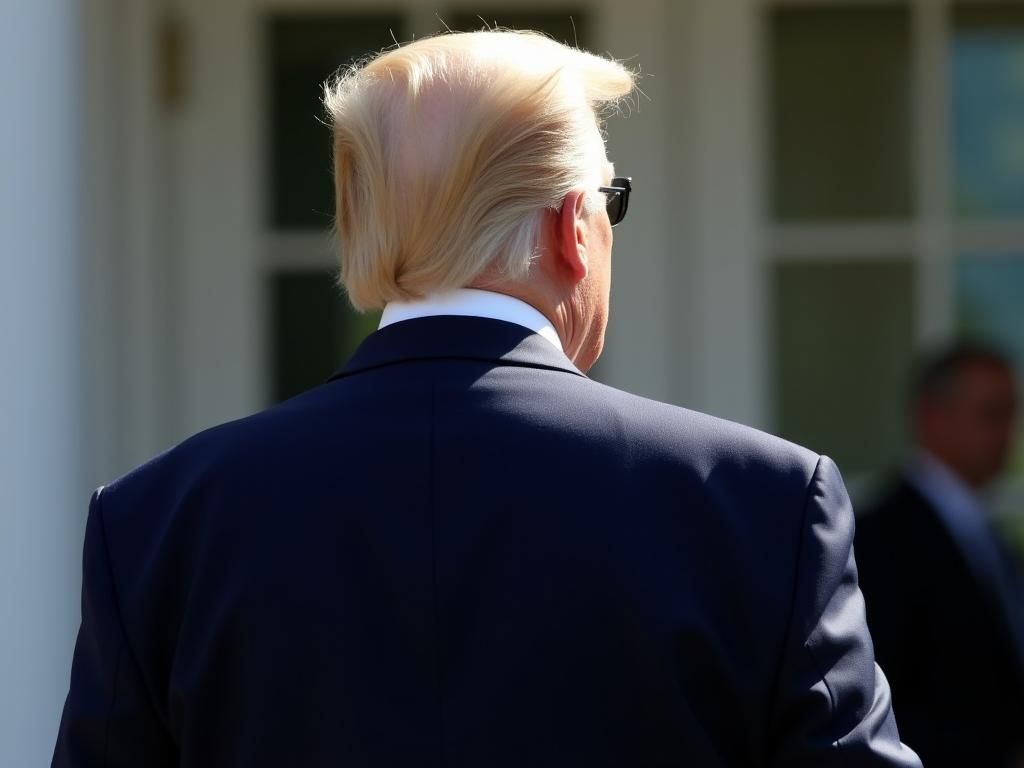Donald Trump’s business dealings throughout his presidency have generated scrutiny regarding potential conflicts of interest and financial gains.
Unlike previous presidents, Trump maintained ownership of his extensive business empire, including hotels, golf courses, and licensing agreements, rather than placing assets in a blind trust.
Critics argue that this arrangement allowed him to profit directly from foreign and domestic spending, as well as decisions made during his time in office.
Specifically, reports highlighted increased business at Trump-owned properties from lobbyists, foreign governments, and individuals seeking favor with the administration.
While legal and ethical boundaries were often met, the optics of profiting from the presidency sparked ongoing debate.
The former President’s businesses also benefited from trademarks, branding, and publicity associated with his political platform.
Public outrage, though initially strong, gradually lessened throughout his presidency, with a portion of his supporters viewing his business success as a positive reflection of his capabilities.
Conversely, others remained concerned that these financial gains could be interpreted as a form of corruption or influence peddling.
The lack of a traditional blind trust created unprecedented questions of transparency and accountability for a U.S. President.
Experts and legal scholars continue to debate the long-term implications of Trump’s business model on the office of the presidency and its potential influence on future leaders.







